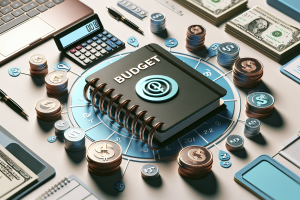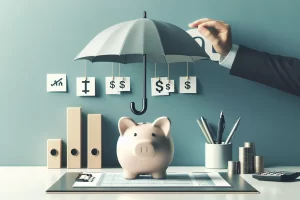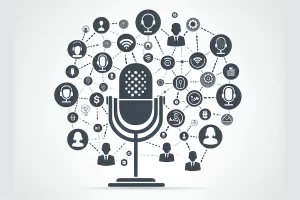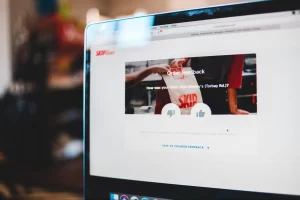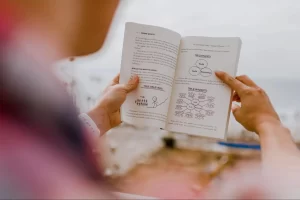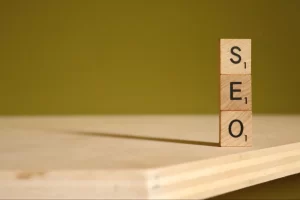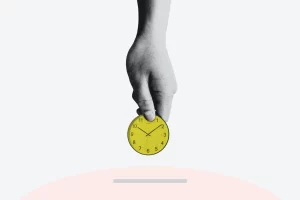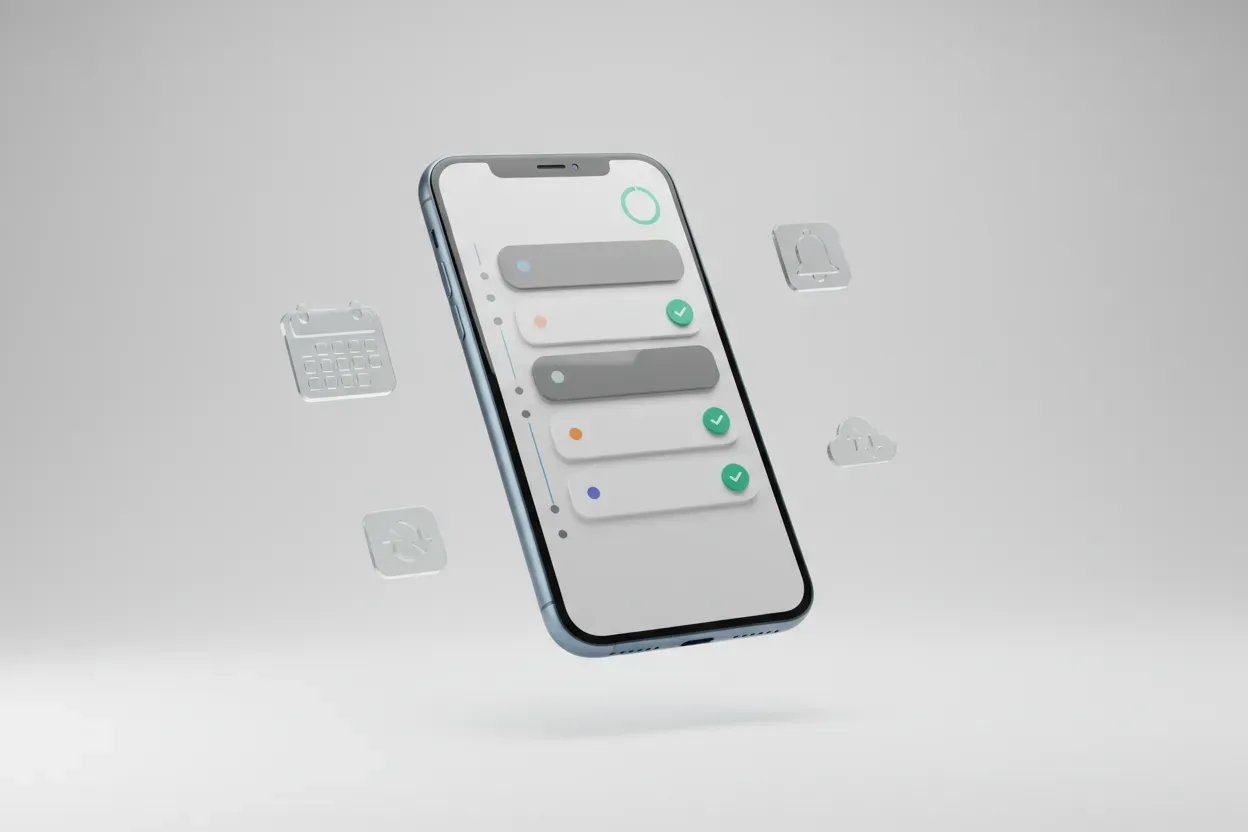What Key Lesson Did You Learn from Your First Business Failure?
Learning from failure is a cornerstone of entrepreneurial growth, so we asked eight founders and CEOs to share their pivotal lessons from their initial business setbacks. From the importance of identifying and solving audience problems to refining strategy after learning from setbacks, these leaders provide invaluable insights for budding entrepreneurs.
- Identify and Solve Audience Problems
- Emphasize Continuous Market Research
- Value Adaptation and Tenacity
- Listen to Market and Customer Feedback
- Conduct Thorough Customer Validation
- Embrace Adaptability for Success
- Practice Financial Prudence and Resource Strategy
- Learn from Setbacks and Refine Strategy
Identify and Solve Audience Problems
My first business failure was tutoring people to use Microsoft Excel. Since I used Excel in my job, I thought it would be an easy way to replace my income and work for myself. The problem? I didn’t research my target market or try to solve a problem people had. I was so focused on leaving my job that I failed to create an offer that spoke to a specific audience. So, here’s the big lesson: Always research your audience and identify a problem they have that you can solve. Eventually, I did exactly that—and now, I have an eight-figure business.
Luisa Zhou, Founder, LuisaZhou.com
Emphasize Continuous Market Research
One key lesson I learned from my first business failure is the critical importance of early and continuous market research. Before diving into building a product or service, it’s crucial to deeply understand the market you’re entering. This goes beyond just knowing your users’ needs; it’s about comprehensively grasping how to reach and engage with your target audience.
In my experience, I underestimated the significance of market research early on. We were so focused on developing what we believed to be a groundbreaking product that we neglected to truly understand our potential customers and how to effectively reach them. As a result, even though our product was technically solid, we struggled to gain traction and acquire customers.
Market research isn’t a one-time task; it’s an ongoing process that should inform every stage of your business development. By continuously gathering insights about your market, your competitors, and your customers’ evolving needs and preferences, you can adapt and refine your strategies accordingly.
Ultimately, my failure taught me that building a great product is only part of the equation. Understanding your market and knowing how to effectively connect with your audience are more important factors in achieving success.
Jayen Ashar, CTO, Scaleup Consulting
Value Adaptation and Tenacity
As someone who has been navigating the ups and downs of entrepreneurship for over a decade, I’ve experienced my fair share of disappointments, including a significant business failure early in my career. One specific lesson I took away from that experience was the value of adaptation and tenacity in the face of adversity.
When our first effort did not go as planned, rather than wallowing in the setback, I chose to pivot and use the lessons learned to fuel future endeavors. This showed me that failure is not the end, but rather an opportunity for growth and transformation.
One specific insight I acquired was that business success frequently necessitates a willingness to embrace change, learn from failures, and adapt accordingly. So, whether it’s a setback or a win, I see each event as an opportunity to learn, adapt, and emerge stronger on the other side.
Max Maybury, Co-Owner and Developer, Ai-Product Reviews
Listen to Market and Customer Feedback
My first business hiccup taught me a lot, but the standout lesson was to really listen to what the market and customers are telling you. It’s easy to get wrapped up in your own vision, but if everyone’s feedback is pointing elsewhere, it’s worth considering a new direction.
This was a hard pill to swallow, but it turned out to be invaluable. It taught me to stay flexible, keep my ear to the ground, and be ready to pivot. After all, the market’s voice and customer needs should guide your journey, not the other way around.
John Xie, Co-Founder and CEO, Taskade
Conduct Thorough Customer Validation
One of the most valuable things that I learned from my first business setback was that market research and customer validation are very important. The precise revelation is that getting to know your target customers well and testing your product/service with potential real customers before you expand is basic.
Moreover, this method can save money used for other purposes and also provides an effective product development process in which what one builds actually addresses a real need. This has significantly changed the way future projects have been approached, emphasizing customer feedback and iterative development for better alignment of offerings with market demands.
Khurram Mir, Founder and Chief Marketing Officer, Kualitee
Embrace Adaptability for Success
One key lesson I learned from my first business failure is the importance of adaptability. In the fast-paced world of startups, being able to pivot quickly and adjust your strategy based on feedback and market trends is crucial for success.
Instead of stubbornly sticking to a failing plan, I now embrace change and view challenges as opportunities for growth and innovation. This mindset has helped me navigate obstacles and steer my current company, Startup House, toward sustainable growth and success.
Alex Stasiak, CEO and Founder, Startup House
Practice Financial Prudence and Resource Strategy
Embarking on the entrepreneurial journey at our organization has been an adventure filled with highs and lows, each step offering invaluable lessons. Reflecting on the hurdles and setbacks we encountered along the way, particularly those in the early days, has been instrumental in shaping our path to success. Here is one critical insight I’ve gleaned from those experiences.
Financial prudence and the dangers of overextension: An early financial miscalculation provided a harsh lesson on the importance of fiscal responsibility. In an effort to accelerate growth, we overextended our resources on marketing and expansion before achieving a sustainable revenue model.
This misstep brought us to the brink of failure and highlighted the critical need for financial prudence and strategic resource allocation. The insight here is straightforward but profound: Grow responsibly and ensure your financial foundations are solid before pursuing aggressive expansion. This principle has guided our company’s financial strategy ever since, enabling us to grow sustainably and weather the ups and downs of the tech space.
Alari Aho, CEO and Founder, Toggl Inc
Learn from Setbacks and Refine Strategy
Market research and validation were lessons I took away from my first company failure. I failed to introduce a product that met the needs of my target audience because I didn’t do enough research. To avoid such mistakes in the future, I will make sure to conduct extensive market research, solicit input, and refine my approach based on what I learn.
I also learned the importance of being resilient and adaptable. Even though it was discouraging, I saw the setback as a chance to learn. I soaked up the knowledge and applied it to my next endeavors with a more calculated strategy. Because of this resiliency and readiness to learn from setbacks, I have been able to successfully navigate my subsequent entrepreneurial ventures.
In sum, I learned the importance of validation, market research, resilience, and adaptation from my first business failure. My approach to business has been molded by these insights, which have helped me make better judgments and endure through tough times.
Justin Crabbe, CEO, BlackJet












